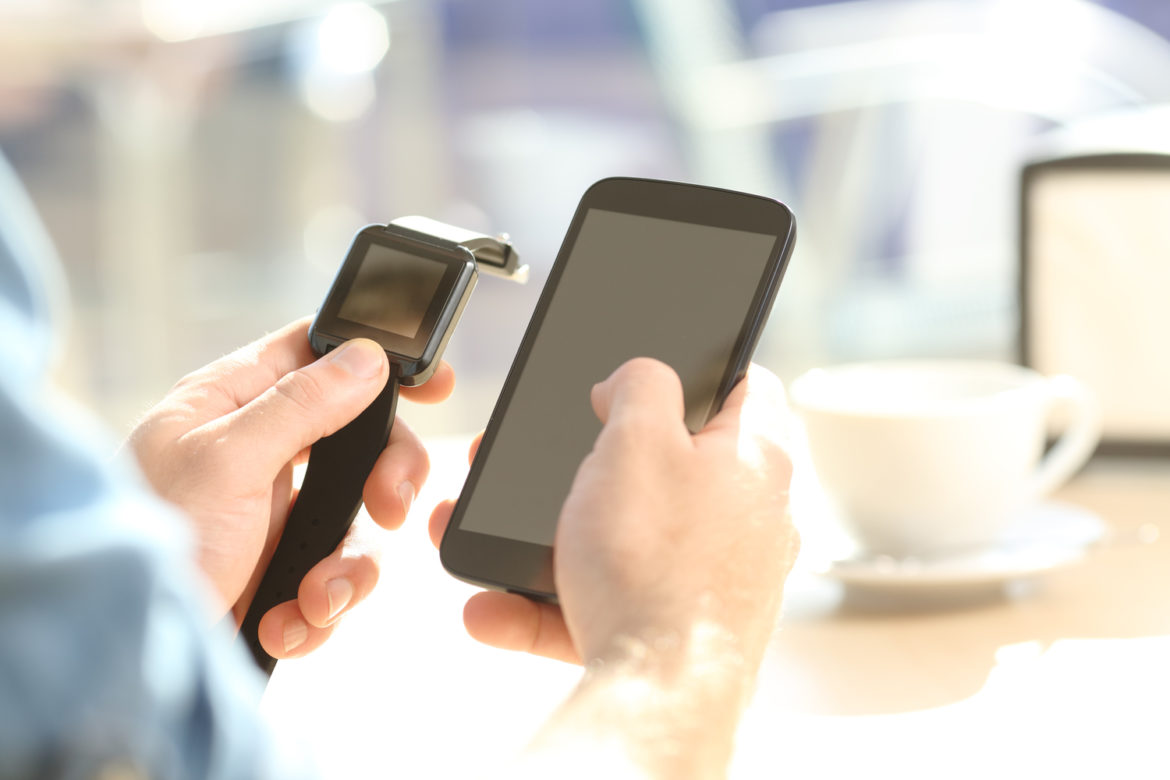Home alert systems were developed in Germany in the early 1970s by Wilhelm Hormann. The aim was to create new comprehensive structures for ambulatory and non-ambulatory care for the sick, the elderly, those who live alone, and people with disabilities.
For older adults living by themselves and having a higher risk of suffering a fall, a medical alert system is a perfect choice, providing peace of mind and acting as a panic button in the case of any medical emergencies or as a passive alarm monitoring their well-being.
What is a Medical Alert System?
A medical alert system is a bracelet, pendant or necklace that connects you with a trained operator at the touch of a button who can dispatch emergency assistance to where you are, immediately. It is a service that is available 24 hours a day, has a battery backup and an easy to use interface. It can be connected to any type of landline or mobile system with GPS capabilities. The Medical Alert devices are also water-proof, in case of falls in tubs or around the shower. In addition, there are many other types of accessories (emergency buttons, carbon monoxide detectors, flood detectors, smoke detectors, and motion detectors) that can be placed around the home and integrated with the system.
How Does a Medical Alert System Work?
In the case of an emergency, as soon as you press the button on the Medical Alert device, an operator immediately contacts you using the two-way speaker in the device, and assesses the situation. In the case of a minor emergency, Medical Alert can contact your designated point of contact and for more serious cases, it can connect with the relevant authorities and dispatch an ambulance, or whatever services are needed instantly.
In addition to this “active alarm”, there is also the option of a “passive alarm” that the user is to activate several times a day confirming that the user is well.
How Do I Get a Medical Alert System?
There are several different types of medical alarm providers, such as:
– Hospital programs that are operated by volunteers.
– Companies that provide for seniors in their homes.
– Full-service companies that offer system installation, ongoing education, and periodic testing programs.
– Individually coordinated services that rely on a smartphone app to communicate alerts to a list of personal contacts.

